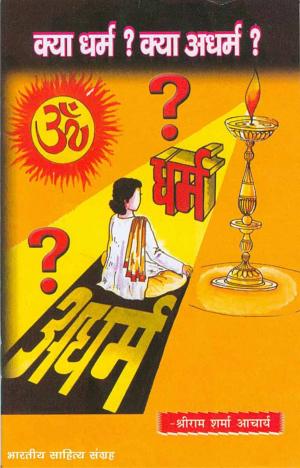Elements of English: Palatal Sounds
Nonfiction, Reference & Language, Study Aids, ESL, Foreign Languages| Author: | Raymond Long | ISBN: | 9781458121363 |
| Publisher: | Raymond Long | Publication: | April 13, 2011 |
| Imprint: | Smashwords Edition | Language: | English |
| Author: | Raymond Long |
| ISBN: | 9781458121363 |
| Publisher: | Raymond Long |
| Publication: | April 13, 2011 |
| Imprint: | Smashwords Edition |
| Language: | English |
Learning to pronounce English words is difficult, because often the letters used to spell them do not correspond to the sounds. For instance, the word "special" sounds like "speshul".
The same spelling isn't always pronounced the same way. The letter "t" in "motion", "patient", "potential" sounds like "sh". But in words like "nature", "question", "righteous", it sounds like the "ch" in "church".
The letter "s" in "compulsion" and "tension" sounds like "sh", but in "closure", "Polynesia", "vision", it sounds like the letter j in French.
Some words change their spelling when "-ion" is added. Letter "d" can become "s" or "ss". So "divide" becomes "division", and "proceed" becomes "procession". Others are harder to predict: "distinguish" becomes "distinction", and "recognize" becomes "recognition".
The sh, j, ch and French j sounds described above are called palatals. This book teaches the principles of when these palatals occur and how they are pronounced. Where there are principles behind spelling changes, it teaches them too. A reference section at the end teaches those spelling changes which must simply be memorized.
Learning to pronounce English words is difficult, because often the letters used to spell them do not correspond to the sounds. For instance, the word "special" sounds like "speshul".
The same spelling isn't always pronounced the same way. The letter "t" in "motion", "patient", "potential" sounds like "sh". But in words like "nature", "question", "righteous", it sounds like the "ch" in "church".
The letter "s" in "compulsion" and "tension" sounds like "sh", but in "closure", "Polynesia", "vision", it sounds like the letter j in French.
Some words change their spelling when "-ion" is added. Letter "d" can become "s" or "ss". So "divide" becomes "division", and "proceed" becomes "procession". Others are harder to predict: "distinguish" becomes "distinction", and "recognize" becomes "recognition".
The sh, j, ch and French j sounds described above are called palatals. This book teaches the principles of when these palatals occur and how they are pronounced. Where there are principles behind spelling changes, it teaches them too. A reference section at the end teaches those spelling changes which must simply be memorized.















